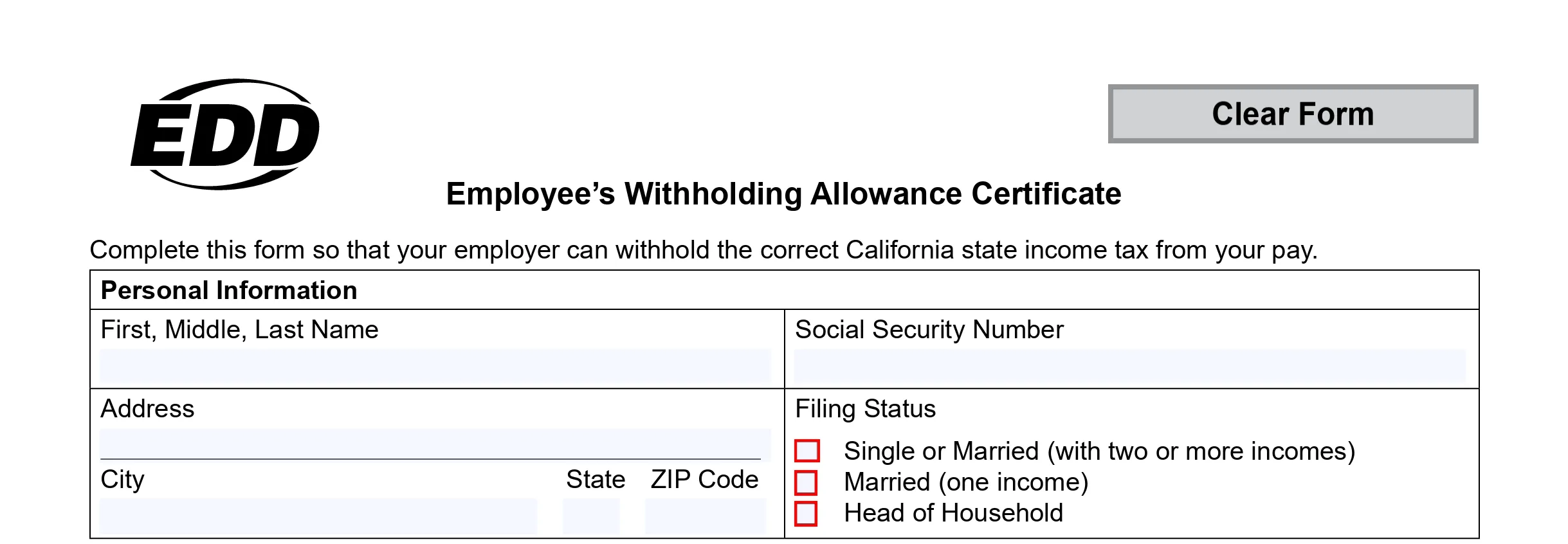Year-Round Tax Planning for Businesses: How to Save Big on Your Tax Bill

Introduction
For small and mid-sized business owners, tax season can often be stressful. However, year-round tax planning can significantly reduce this stress and help you save money on your tax bill. Effective tax planning involves staying proactive, keeping abreast of tax regulations, and making smart financial decisions throughout the year. This blog outlines key strategies to optimize your tax savings and minimize surprises when tax season arrives.
1. Adjust Your Deductions Strategically
Tax deductions can be a powerful tool for reducing your taxable income, but you need to manage them throughout the year. Common deductions for business owners include operating expenses, equipment purchases, and travel costs. A few tips to help optimize your deductions:
• Track and Categorize Expenses: Use accounting software to categorize business expenses consistently. This will help you maximize deductions at tax time and avoid missing any.
• Timing of Expenses: If you’re having a high-income year, consider making business-related purchases before the end of the year to take advantage of those deductions.
2. Contribute to Retirement Plans
Retirement contributions are a valuable tax-saving tool, as they can both reduce your taxable income and help you plan for the future. Setting up and contributing to retirement plans like a SEP IRA, SIMPLE IRA, or 401(k) can help lower your tax burden.
• 401(k) Plan: For businesses with employees, setting up a 401(k) plan can provide tax deductions while helping employees save for retirement. You can even set up solo 401(k) plans if you are self-employed.
• SEP IRA: For self-employed individuals, a SEP IRA allows contributions to reduce taxable income significantly.
3. Take Advantage of Tax Credits
Tax credits are even more powerful than deductions because they directly reduce your tax liability. Here are some key credits that small business owners should be aware of:
• R&D Tax Credit: If your business spends money on research and development, you may be eligible for the R&D credit, which can save you thousands.
• Work Opportunity Tax Credit (WOTC): This credit is available to businesses that hire individuals from specific target groups, such as veterans or individuals who have faced significant barriers to employment.
• Energy-Efficient Credits: If your business invests in renewable energy, such as solar panels or other energy-efficient equipment, you can benefit from energy credits.
4. Defer Income
If you anticipate being in a lower tax bracket next year, consider deferring income to the following year. Deferring income could help lower your overall taxable income for the current year, reducing your tax bill. Here’s how you can defer income:
• Delay Invoices: If possible, hold off on sending out invoices until the new year.
• Postpone Payments: Consider delaying the receipt of payments for completed work until the following tax year.

5. Plan for Estimated Tax Payments
If you’re self-employed or your business doesn’t withhold taxes from your paycheck, planning for estimated tax payments is critical. You must pay estimated taxes quarterly, and underpayment penalties can apply if you don’t. Proper planning helps ensure you don’t face penalties for underpayment.
• Set Aside Money Regularly: A good rule of thumb is to set aside a percentage of your income for taxes throughout the year to avoid scrambling when quarterly payments are due.
• Use Accounting Software: Tools like QuickBooks can automate estimated tax calculations based on your current income, helping you stay on track.
6. Keep Accurate and Organized Records
The key to successful tax planning is meticulous record-keeping. Keeping organized records of all your business expenses, receipts, and invoices will not only make tax filing easier but can also protect you during an audit.
• Digital Record-Keeping: Switch to digital receipts and use cloud storage to save essential financial documents. Many bookkeeping software options can automatically sync your financial records and transactions.
7. Consult with a Tax Professional Regularly
Even if you have experience managing your business’s finances, consulting with a tax professional is invaluable. A CPA or tax advisor can keep you informed of tax law changes, help you spot opportunities for deductions or credits, and create a personalized tax strategy based on your business’s goals.
• Regular Check-Ins: Schedule quarterly check-ins with your tax professional to stay proactive and adjust your tax plan as needed.
Conclusion
By planning for taxes year-round, small and mid-sized business owners can minimize their tax liability and reduce stress during tax season. From making strategic deductions to contributing to retirement plans and taking advantage of tax credits, year-round tax planning can make a significant difference to your bottom line. Start implementing these strategies today, and you’ll be well-prepared when tax time comes around.
Disclaimer: This blog is meant for informational purposes only and should not be considered as tax advice. Consult with a qualified tax professional or advisor for personalized guidance based on your specific situation.
Reach out to us today at [email protected], and let's work together to optimize your tax situation and financial well-being. Your journey towards a more tax-efficient future starts here.



